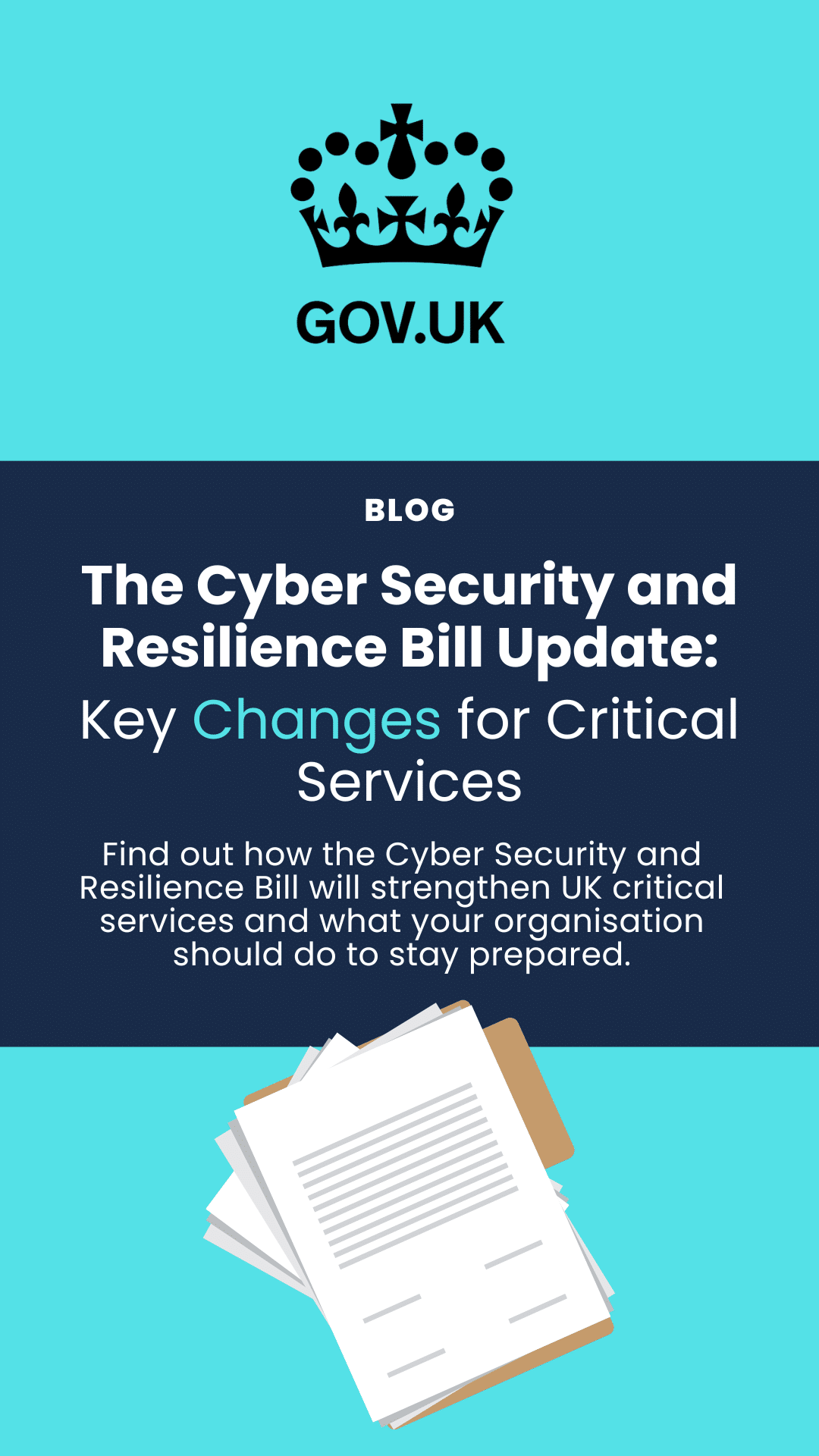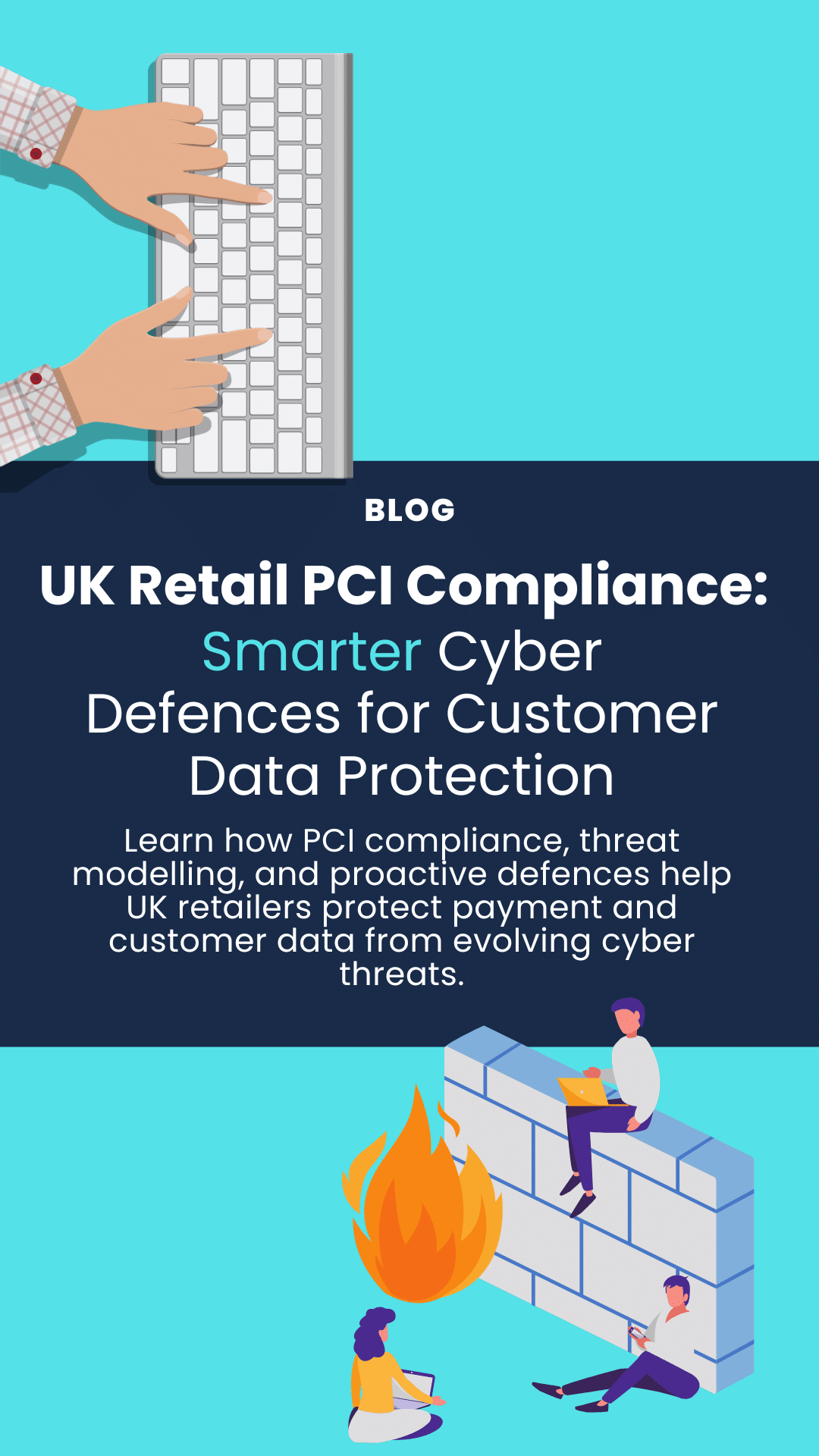The continuous rise of technology gives cyber-crime the opportunity for exponential growth. The question is: where are we now in the cyber-war?
It is logical to think that if cybercrime is increasing then implementing cyber-security strategies would be an obvious plan of action. However, a recent report from the government showed that 60% of small businesses suffered a data breach in the last year and the seriousness of the industry goes amiss more often than not – until it happens to your business. People often chant the mantra of “it won’t happen to me” but the myth that cyber-crime is targeted and only happens to large companies is being dispelled rapidly.
Professor John Walker, who lectures in cyber-security at Nottingham Trent University states that “cybercrime as a service” is a big business. His message for businesses is stark: “Assume you’ve been hacked,” he says. “There are people that have been and know it and people who think they haven’t, but have.”
What’s more worrying for businesses is the increase of the ‘internet of things’ which has opened the doors to communication between everyday appliances and the internet. The ability to control your heating at home via your smartphone may be convenient for you but it offers even more convenience for hackers who can use this as an open gateway to your data. Only recently was there a cyber-attack using a household appliance. A fridge. Yes, you heard correctly, a ‘smart fridge’ was used as an easy means to perform a data breach along with other everyday consumer gadgets which, in total resulted in 750,000 malicious emails being sent from them in less than a month.
As long as a device is connected to the internet it immediately becomes vulnerable to cyber-crime.
BYOD (bring your own device) further leads to the susceptibility of cyber-attacks within the realms of your business. The rise of personal smartphones, iPads, tablets and laptops being equipped with the latest technology needed for business purposes have been welcomed at work. However, it is important to realise that just as you wouldn’t let a stranger into your home, you should be mindful of the gadgets your employees are bringing into work. Devices owned by employees create potential risks of the loss or leakage of confidential data and, as customer data is downloaded to these devices there is a danger that viruses could be uploaded.
Raj Samani, Emea chief technology officer for IT security company McAfee, says
“Yes, we have these great devices, but they are platforms for applications to extract data away from you without you having any knowledge of it.” Especially since it has been reported that 17% of all apps on Google’s android platform were malicious software or malware in disguise.
Andy Crocker founder of cyber-security firm Protect 2020 further elucidates “after Christmas is the best time for a hacker as there are all these new tablets and mobiles, and many of the apps are designed and created by criminals,” he says. “Businesses need to have policies which state what is and is not allowed.”
The BYOD boom has certainly allowed cyber-criminals to have new ways of accessing customer data and intellectual property of staff. With technology ever on the increase it is unimaginable what may be hacked next.
So as we are entering this ‘smart world’ make sure you stay smart and protect the data most valuable to you. Whether this means implementing a cyber-security strategy or being mindful of the possible threats to your business make sure you are aware that this cyber-war is not over.
It’s only just beginning.



